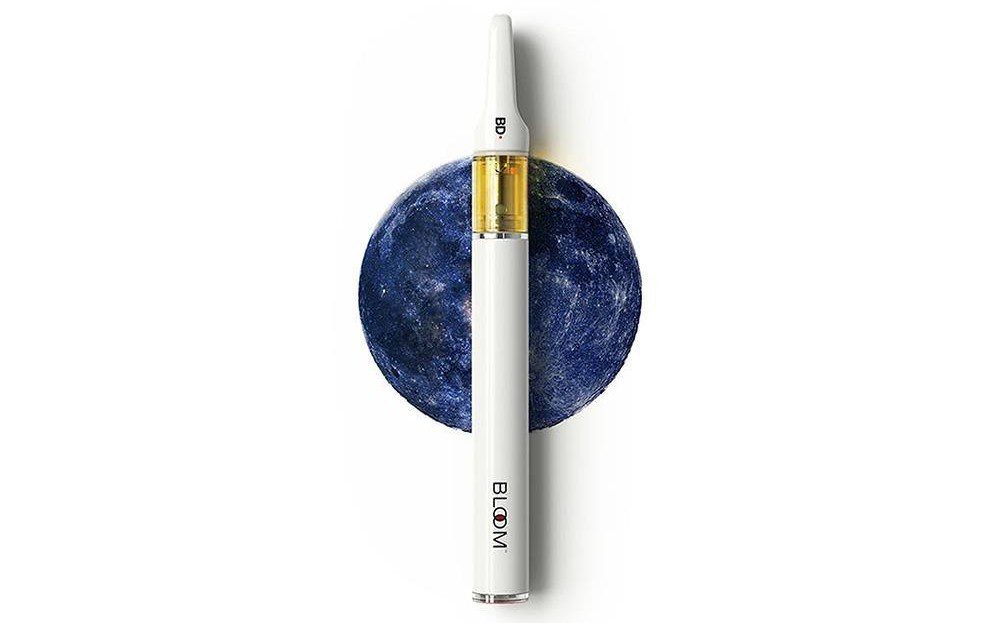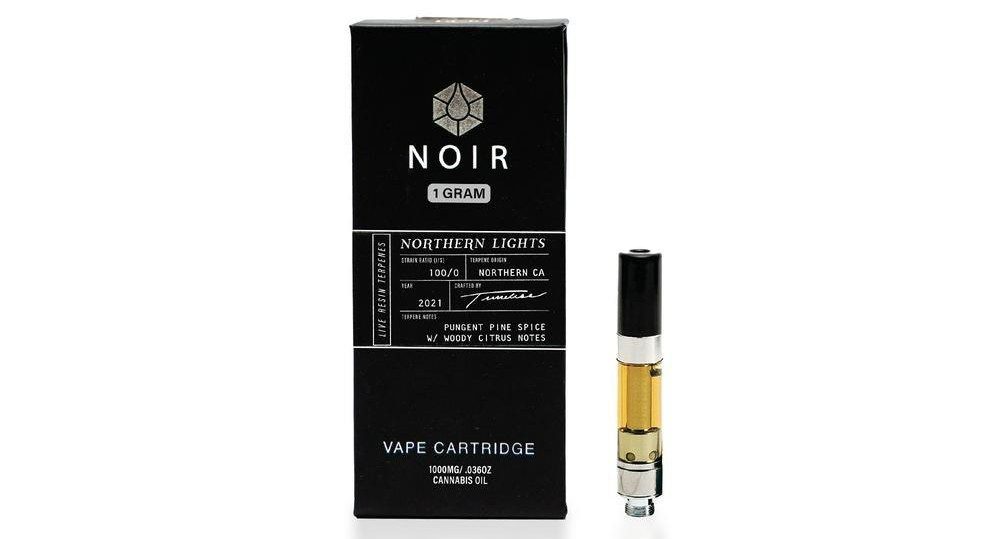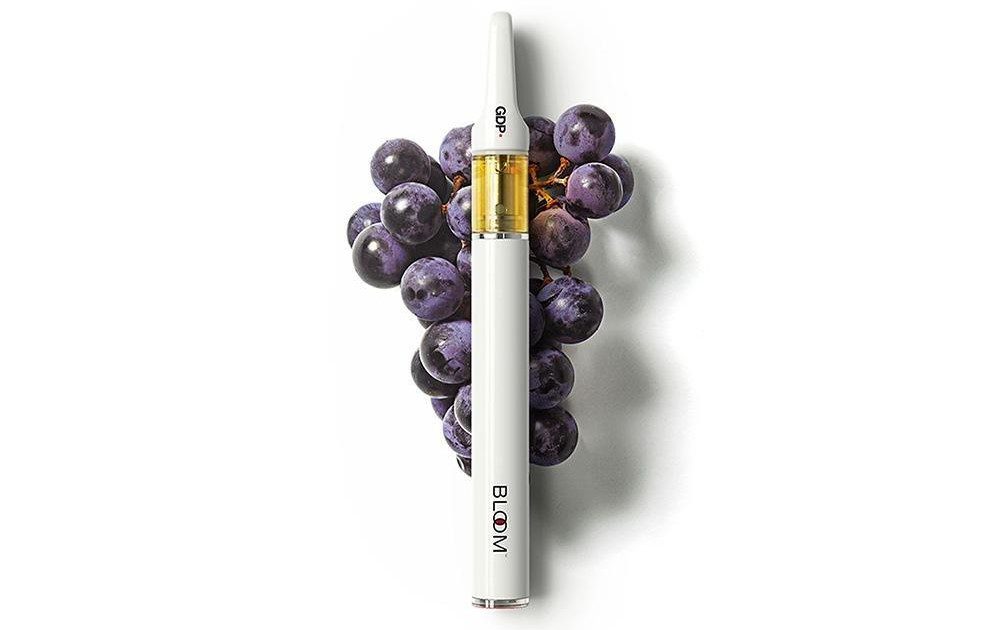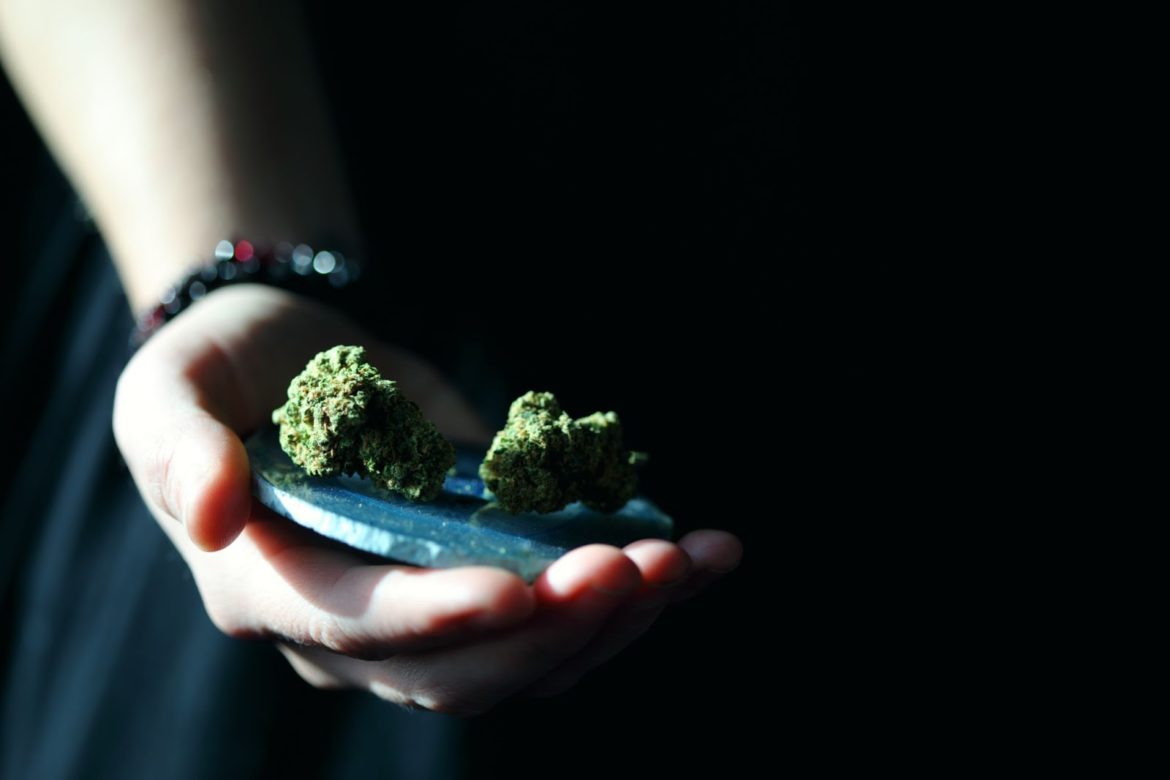Although there are limited uses for cannabis and cannabinoids recognized by the FDA, many medical cannabis patients chose to go their own way. People who use cannabis to help manage symptoms of medical conditions find that certain strains produce desirable effects that make it easier for them to live their everyday lives.
People with multiple sclerosis have found a lot of promise in certain strains of cannabis, and early research seems to agree with them. Although research is still technically forming conclusions, it seems as though cannabinoids can play an important role in impacting how the body and brain work in MS patients.
The Sativex story
The FDA has not approved cannabis for the treatment of anything at all.
They have approved CBD for seizures in the form of Epidiolex. They’ve also approved Marinol, Syndros, and Cesamet for cancer patients and people living with HIV or AIDS. Marinol and syndros are dronabinol, and Cesamet is nabilone. Both dronabinol and nabilone are synthetic compounds similar to THC. Neither is actually derived from cannabis.
The FDA only controls the American drug approval process. Other countries have their own requirements, and in one case, several governments approved real delta 9 THC and CBD for medical use. The drug is called Sativex, and its on-label uses include the treatment of multiple sclerosis symptoms.
Although Sativex isn’t approved in the United States, it serves as proof of concept. We know that other countries have found THC beneficial in medically assisting patients with multiple sclerosis, which further fortifies the theory that weed is useful for people living with the condition.
Sativex was developed and brought to market with the help of renowned cannabis researcher Dr. Ethan Russo, who is responsible for some of the most groundbreaking research we have about the effects of cannabinoids and terpenes.
Remember this point, because we’ll come back to it.
How can weed help people with multiple sclerosis?
Multiple sclerosis is an autoimmune neurological condition that causes the protective cells that surround nerve cells to degrade. The body attacks the cells, thinking that they’re harmful. The end result is unprotected cells that malfunction, often causing pain, issues with coordination, muscle spasticity, fatigue, and depression.
Multiple sclerosis isn’t very simple. There is a wide range of side effects, and it’s very possible for two people with multiple sclerosis to have very little in common in terms of how the condition affects them.
Some people have relapsing and remitting MS, where these autoimmune attacks aren’t persistently happening. They could go months or even years without experiencing symptoms. These people often have bad days and good days. There are progressive forms of MS where these attacks don’t stop, leading to the worsening of symptoms over time.
Research shows that cannabis may play a role in helping people find relief from a number of multiple sclerosis symptoms, although no meaningful research on whole herbal cannabis strains currently exists.
What the studies say
The Sativex study showed that people with multiple sclerosis that experienced muscle spasticity showed a slight improvement when administered delta 9 THC instead of a placebo, as well as a small reduction in centralized pain. The quality of the research is often debated, mostly because the margin of improvement was small.
A small improvement is still better than no improvement at all, which led to the approval of Sativex for medical use in Canada and several European countries. The National Multiple Sclerosis Society has also taken an interest in the use of medical cannabis for multiple sclerosis patients.
There’s a huge problem with this study. The results used measured amounts of pure cannabinoids, and that’s not what weed is. Weed is over 113 different cannabinoids and countless terpenes that all work together. Only one of these things was actually examined, and although it worked a little, we don’t actually know how well it could have worked if the THC was tested in conjunction with everything else in the plant.
Terpenes probably play a role
Dr. Ethan Russo, the same researcher who worked with GW Pharma to get Sativex approved, postulates that cannabis is far more complicated. He’s the researcher responsible for the theory called The Entourage Effect. In simple terms, the entourage effect suggests that the benefits of cannabis come from every cannabinoid and every terpene in a strain working together to produce them. The logic is sound.
People anecdotally report that different strains produce different effects. They aren’t using just the THC from those strains. The plant’s aromatic compounds, called terpenes, are also present. CBG, CBC, CBN, and a laundry list of other cannabinoids are also present. The levels of these cannabinoids and terpenes vary from strain to strain, which is what makes every kind of weed different.
We don’t have a lot of tests on whole herbal cannabis because effects are typically measured against a placebo. It’s very hard to do a placebo-controlled study of cannabis because people can very easily tell if they’re high. If you get the placebo, you’ll know that nothing happened. If you get the weed, you’re going to know about it.
For now, all we have is the testimonials of people with multiple sclerosis explaining how different strains of weed make them feel. Choosing a strain that people with multiple sclerosis have declared successful at ameliorating their symptoms is the best way to try it for yourself.
The top 5 strains for multiple sclerosis
People with multiple sclerosis experience a wide variety of physical and mental symptoms as a result of their disorder. There isn’t one ring (or strain) to rule them all, but multiple strains that people with multiple sclerosis report using to combat certain feelings or symptoms.
Many of these strains have very similar terpene profiles, which may demonstrate the importance of terpenes in producing certain effects.
1. Granddaddy Purple
Granddaddy Purple, also known as Granddaddy Purps or just “purps,” is a moderate THC indica strain high in the terpenes myrcene, beta-caryophyllene, and alpha-pinene. People report that it makes them feel relaxed or sleepy while reducing pain and increasing their overall happiness. People with multiple sclerosis often experience insomnia and depression. Calm and happy feelings before bedtime may make it easier to get comfy for the night.

2. Northern Lights
Northern Lights is an indica strain that usually hits hard due to its higher THC content. The strain is dominant in myrcene, alpha-pinene, and beta-caryophyllene, just like Granddaddy Purps. Many people declare this strain as the king of pain relievers and as a wonderful natural sedative. This strain is popular among medical cannabis users who use their weed to treat their pain.

3. Blue Dream
Blue Dream is a sativa dominant hybrid strain that predominantly features myrcene, alpha-pinene, beta-pinene, and beta-caryophyllene. People say this strain makes them feel happy and creative, leading to a perception of eased depression symptoms. The strain is relaxing without being sedating, and it also works for pain.

4. Critical Mass
Critical Mass is an indica strain that’s often high in CBD. This strain is high in beta-caryophyllene and myrcene. People declare that Critical Mass is among the best strains for the treatment of chronic pain, and also sing the praises of its relaxing and uplifting effects.
5. Harlequin
Harlequin is a high CBD sativa strain dominant in myrcene, alpha pinene, and beta caryophyllene. It is one of the most sought-after cannabis strains for pain. Medical cannabis patients love Harlequin’s very low THC levels, as they feel the strain helps to significantly reduce aches and pains without impairing them. They’re able to live their daily lives, study, or work when they use Harlequin.

The takeaway
Cannabis research has a very long way to go. We can hardly see the tip of the iceberg from where medical science is currently standing. Presently, we can be thankful that medical cannabis programs have allowed people living with MS and other incurable conditions to have access to things that provide them with relief.
Although nothing can cure MS, the personal experiences of many multiple sclerosis patients indicate that cannabis may be an effective tool for the management of their symptoms. We still have to wait for formal studies of herbal cannabis and strain-specific studies to occur, if and when that can or will happen.
In the meantime, Emjay is always here. If you live in the Los Angeles area, we can deliver you your strain of choice in about half an hour. The only way to know how cannabis makes you feel is to try it for yourself.
